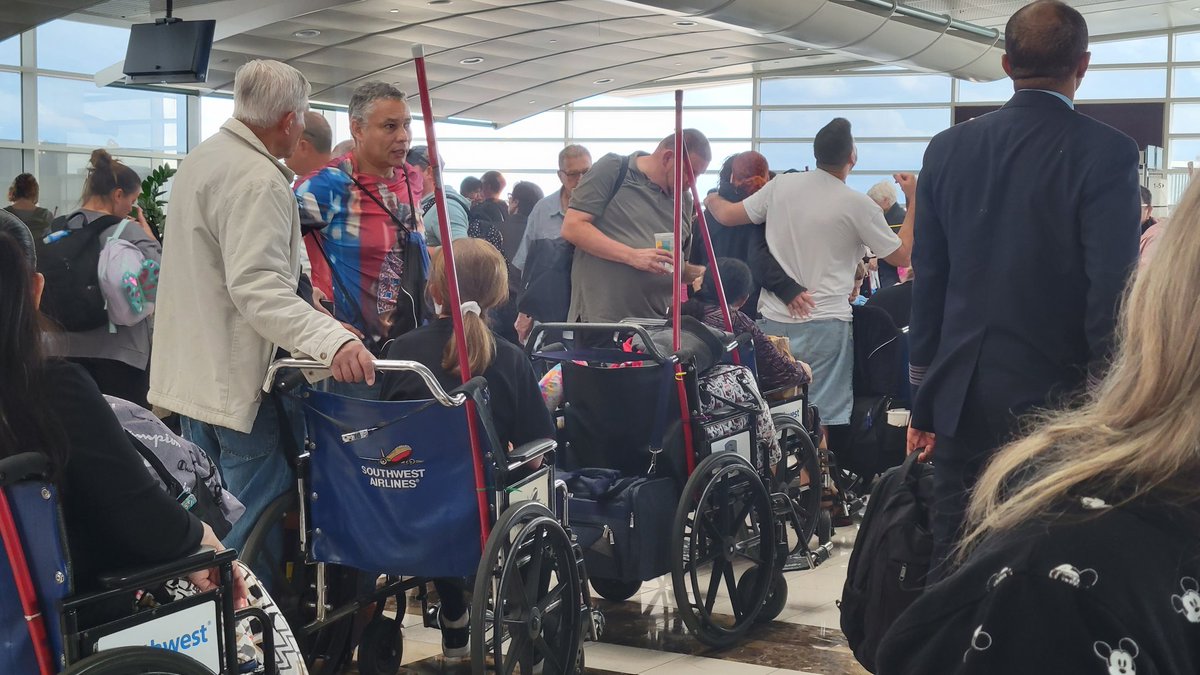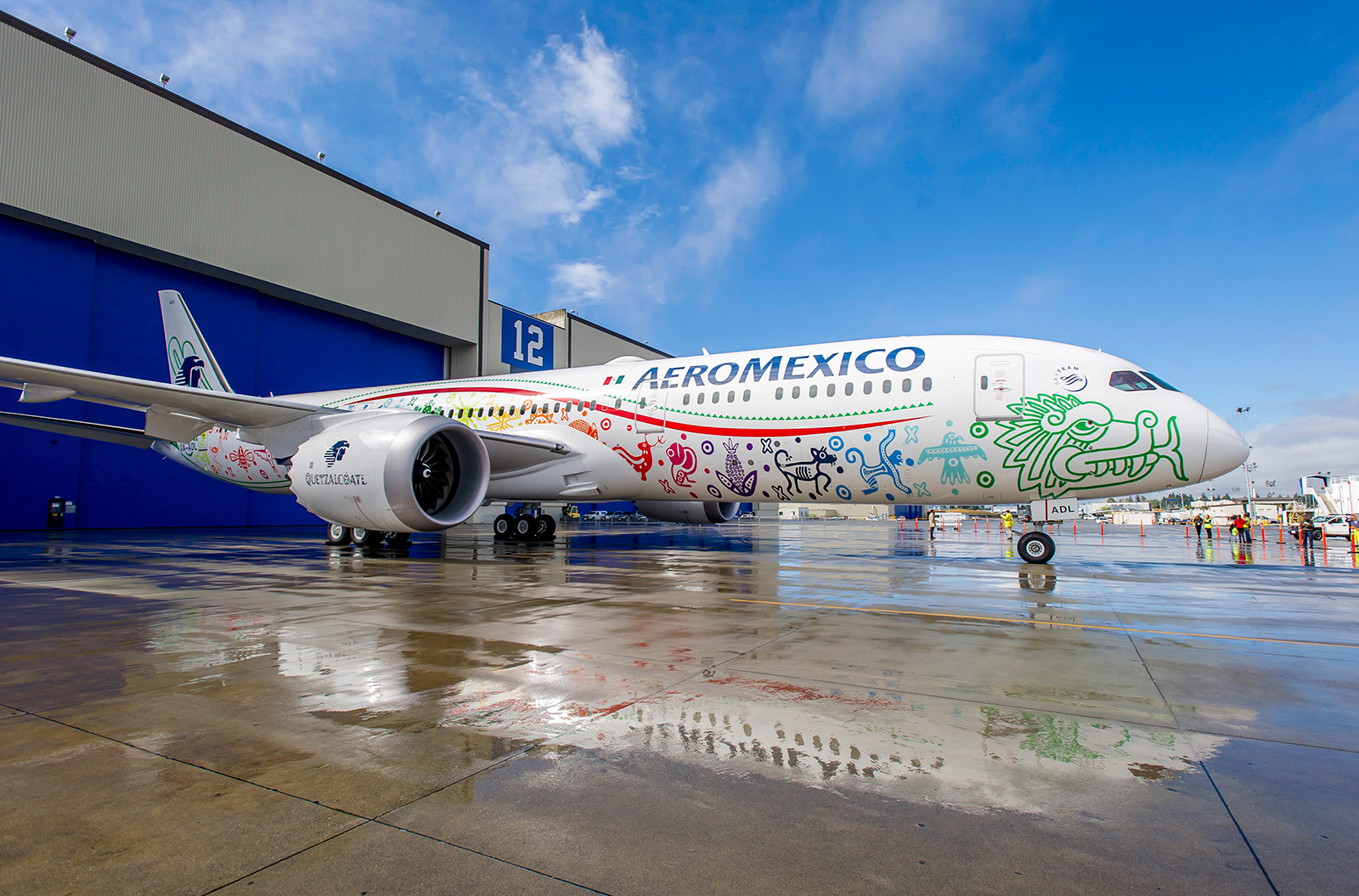
Wheelchair abuse is a real problem for US carriers, particularly Southwest Airlines, but I have a solution that could help alleviate the problem by disincentivizing those who game the system to board early.
A Simple Solution: Southwest Airlines Can Crack Down On Wheelchair Abuse With One Change
Problem: Per federal law, Southwest Airlines must honor all wheelchair requests and passengers have an incentive to game the system by requesting one even if they do not need it, which allows early boarding. Since Southwest has open seating, requesting a wheelchair virtually guarantees a better seat onboard.
A number of solutions have been suggested, including:
- Require medical documentation for those who need a wheelchair
- Boarding passengers with wheelchairs last
- Requiring those who board with a wheelchair to depart on a wheelchair (miraculously, far less wheelchairs tend to be needed upon landing…)
- Charging passengers for wheelchair use
But these are all unworkable solutions.
First, privacy concerns make it impossible to require medical documentation (yes, I know there’s a certain irony after our Gestapo-like tendency to demand proof of COVID-19 vaccinations during the pandemic).
Second, boarding wheelchairs last would make it even harder for those legitimately needing extra time and unnecessarily penalize them, particularly if overhead bin space fills up. Furthermore, it would likely delay flights because of the extra time needed to get around passengers already onboard and would cost airlines more money since wheelchair attendants would be required for longer periods.
Third, requiring those who board with a wheelchair to depart in a wheelchair is an unworkable requirement…it’s not like these passengers wear a blue star on their sleeve. And there are cases in which someone might want the extra time to board and store their belongings because of a specific infirmity, but be able to handle deplaning without a wheelchair when there is no rush for overhead bin space.
Finally, charging passengers for wheelchair use violates federal law. Furthermore, many of the people who truly require wheelchairs are indigent (it’s no surprise if you cannot fully use your body to work) and even if the law changed, it really undermines the broad goals of creating a society in which a disability does not preclude you from commerce. Let me add here that I detest that wheelchair users are expected to tip attendants…again, because many who use wheelchairs are the ones who can least afford a $5-10 tip.
The Solution
That leaves one solution, in my mind, that is not perfect but at least workable and something that would rampantly crack down on abuse on Southwest Airlines.
Let passengers in wheelchairs board first, but place them in the very back of the aircraft. That serves two purposes. One, it disincentivizes those trying to game the system for a prime seat in the front of the aircraft. Two, it places those passengers in a central location near an exit door, which could prove helpful in case of an evacuation.
I understand that some would object to being forced to sit in the back, but this does not necessarily mean last off since Southwest boards and deplanes from the front and back of the aircraft in many stations.
CONCLUSION
My solution to Southwest’s pre-boarding mess and wheelchair abuse is to require passengers needing extra time to board to sit in the rear of the plane, starting with the last row. While not a perfect solution, I think it would immediately eliminate a lot of the abuse by those who take advantage of the wheelchair loophole in order to sit in the front of the plane.
image: @liymil / X



